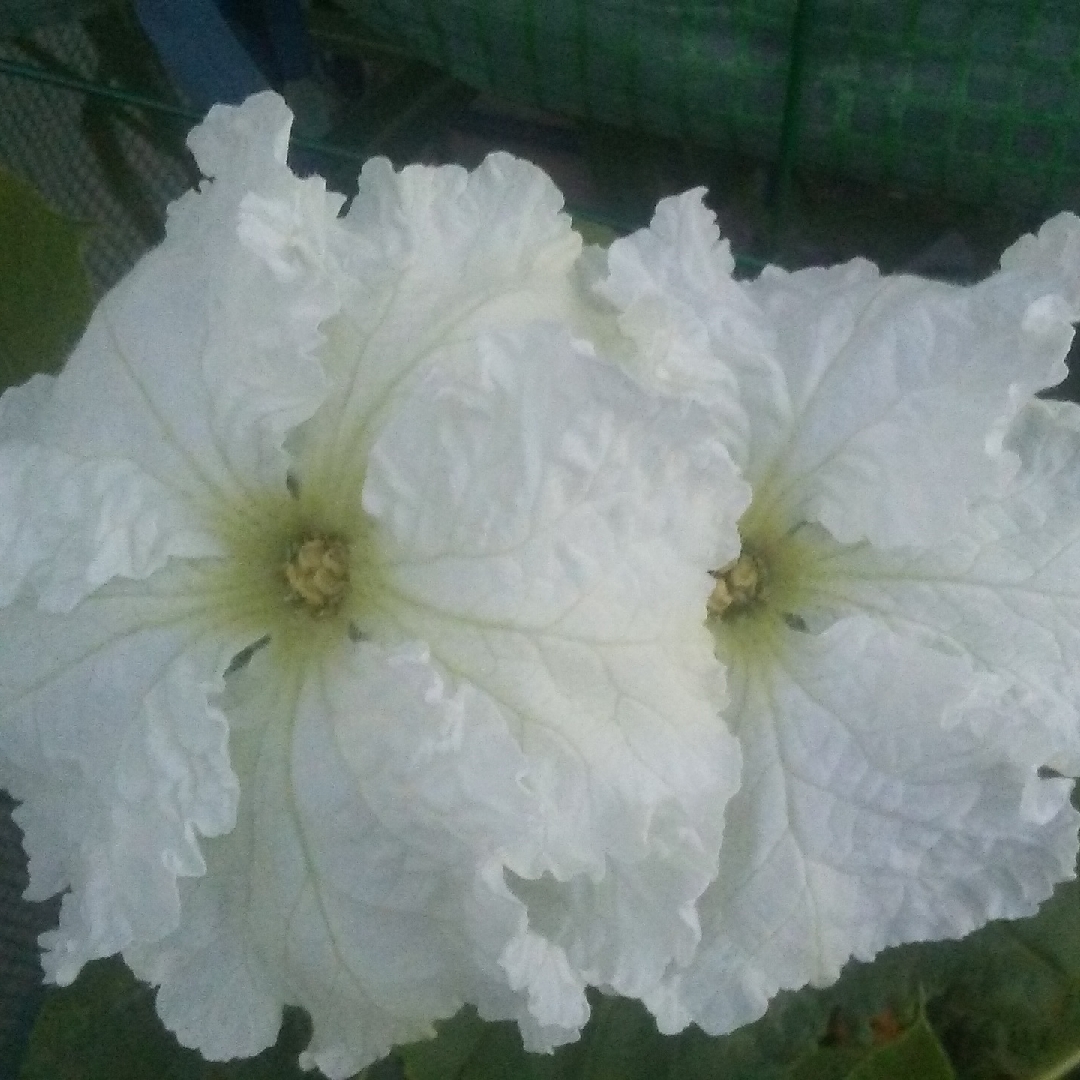
Lagenaria siceraria
Bottle Gourd
Lagenaria is a gourd-bearing vine in the squash family. The only species which is cultivated is L. siceraria, the Bottle Gourd. The fruits of L. siceraria are harvested when mature and have been used to store water and other liquids since ancient times. They grow fast and use tendrils to climb. They demand space and a sturdy support structure such as a fence, arbor, or even a tree. Lagenaria have attractive white flowers that reach up to 10cm in diameter and leaves that are up to .45cm wide and have a velvety texture.
Contributed by @katiehb
-
Full sun to partial shade
-
Frequent watering
-
Not Frost hardy
-
Moist and free draining
Common name
Bottle Gourd
Latin name
Lagenaria siceraria
type
Annual Fruiting Vine
family
Cucurbitaceae
ph
5.0 - 7.5 Acid - Neutral
Plant & bloom calendar
-
Best time to plant
full grown dimensions
 3.00 M
3.50 M
3.00 M
3.50 M
Lagenaria siceraria
Lagenaria is a gourd-bearing vine in the squash family. The only species which is cultivated is L. siceraria, the Bottle Gourd. The fruits of L. siceraria are harvested when mature and have been used to store water and other liquids since ancient times. They grow fast and use tendrils to climb. They demand space and a sturdy support structure such as a fence, arbor, or even a tree. Lagenaria have attractive white flowers that reach up to 10cm in diameter and leaves that are up to .45cm wide and have a velvety texture.
Propagation by seed
From Early Spring TO Early Spring
Seeds should be sown after the last frost; plant them 1½cm deep in raised beds or mounds. Thin the seedlings to one plant every 2.5 meters.
Planting young plants
From Early Spring TO Early Spring
Plant young seedlings at least 2.5m apart. Young plants will thrive with watering two or three times a week. A trellis is advised, but vines may be allowed to run on the ground; be sure to add mulch to avoid fruit rotting.


























